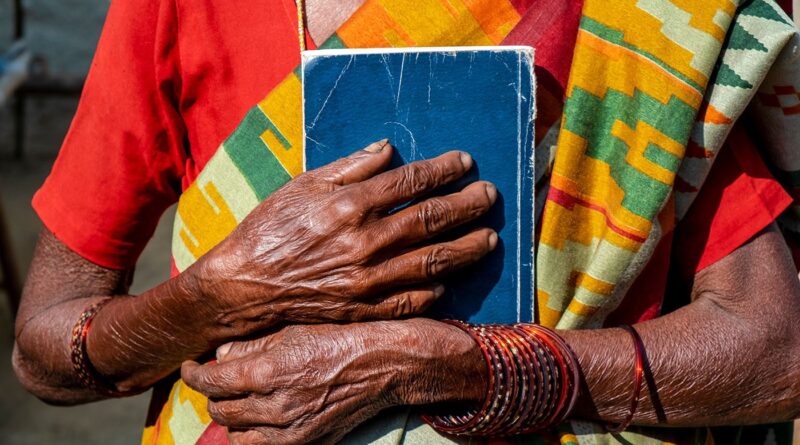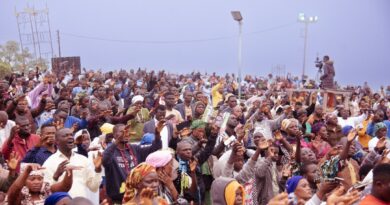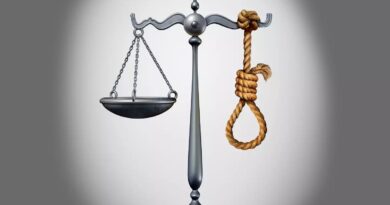Countries Where the Bible and the Quran Are Banned or Restricted
In a world where freedom of religion is often touted as a fundamental human right, the reality is far more complex. Across the globe, sacred texts such as the Bible and the Quran are not always freely available. In some countries, access to these religious books is heavily restricted, and in others, outright banned. These limitations are often rooted in concerns over national security, cultural preservation, or efforts to maintain religious homogeneity.
This article explores the countries where the Bible or the Quran is banned or restricted, offering insight into the reasons behind such policies and the broader implications for religious freedom.
Countries Where the Bible Is Banned or Restricted
The Bible, central to Christianity, faces varying levels of suppression in many countries, particularly where Christianity is a minority religion or where the government strictly controls religious activity.
Restricted Access to the Bible
In several countries, the Bible is not banned outright but is subject to strict regulation. These restrictions often include limitations on public distribution, importation, or possession, especially in non-approved languages or unauthorized translations.
Countries with restricted access to the Bible include:
China: The Bible can only be legally sold through state-sanctioned churches. Online sales are banned, and unregistered house churches risk raids and confiscation.
Brunei: While Christians can own Bibles for personal use, public distribution or display is restricted.
Morocco and Algeria: Sharing the Bible or proselytizing to Muslims is illegal, and churches are tightly regulated.
Uzbekistan and Turkmenistan: Religious literature, including the Bible, must be approved by state authorities before distribution.
Qatar, Oman, Egypt, Syria, Iraq, Yemen, Pakistan, and Sudan: In these Muslim-majority countries, Christian literature is closely monitored. While personal possession might be tolerated, public distribution, missionary work, or unapproved translations are often illegal.
Countries Where the Bible Is Banned
In some nations, the Bible is considered a threat to national ideology or religious unity and is thus banned entirely.
- North Korea: Possession of a Bible is considered a political crime. Citizens found with one can face imprisonment or even execution.
- Maldives: The public practice of any religion other than Islam is banned; Bibles are not allowed to be imported or distributed.
- Somalia, Libya, Eritrea: Harsh restrictions make owning or distributing a Bible nearly impossible, particularly outside the underground Christian community.
- Saudi Arabia: All non-Islamic religious texts are banned from public circulation. Bibles may be confiscated upon entry into the country.
- Afghanistan: The Bible is treated as foreign propaganda. Proselytizing is illegal, and Christians often practice in secret.
- Iran: While some ancient Christian communities are tolerated, the distribution of Bibles, especially in Farsi, is heavily restricted.
- Turkmenistan: Though a few religious texts are allowed in theory, in practice, the Bible is largely inaccessible due to government censorship.
Countries Where the Quran Is Banned or Restricted
While the Quran is central to Islam and widely revered in Muslim-majority countries, its circulation or public reading is not always welcomed in certain non-Muslim-majority nations, especially where religious uniformity or state atheism prevails.
Restricted Access to the Quran
In a few countries, particularly those with strict secular or nationalist ideologies, the Quran is subject to oversight or limitations, especially when associated with political Islam or radicalization concerns.
- China: The Chinese government has cracked down on Quran distribution, especially among Uighur Muslims in Xinjiang. Quranic texts and Islamic symbols are often confiscated, and religious gatherings are tightly surveyed.
- Eritrea: While the Quran is not outright banned, the state heavily controls religious practices, and Islamic groups not registered with the government face persecution.
- France (to a limited extent): While not banned, France has laws targeting religious symbols and foreign-funded mosques. Quranic schools and texts have come under scrutiny in the context of anti-extremism laws.
- Sri Lanka: The government has restricted certain Arabic or foreign Quranic publications under the guise of anti-radicalization measures.
Countries Where the Quran Is Banned
Outright bans on the Quran are rare due to the global respect for Islam, but some nations have targeted the Quran during broader anti-Islamic movements or in response to geopolitical conflicts.
- North Korea: Just like the Bible, all religious texts—including the Quran—are banned under the regime’s strict policy of state atheism.
- Angola (past cases): The government has previously closed mosques and banned some Islamic organizations, although these actions have drawn criticism and are not uniformly enforced.
- Some regions in Myanmar: Particularly in areas of Buddhist extremism, access to Islamic religious material, including the Quran, is suppressed.
Conclusion: The Global Challenge of Religious Freedom
The banning or restriction of religious texts like the Bible and the Quran highlights a fundamental tension between national control and personal belief. While some governments claim such measures are necessary for maintaining social order or protecting national identity, these policies often come at the cost of individual freedoms and human rights.
Read Also: Faith and Wealth: The Nigerian Church in Global Perspective
As global dialogue on religious tolerance and human rights continues, the status of these sacred texts in various countries remains a powerful indicator of broader freedoms, or the lack thereof. Whether through diplomacy, activism, or education, supporting the right to access religious materials is a crucial part of advancing freedom of thought and belief around the world.
Content Credit | Olaoluwa Ayomide
Image Credit | globalchristianrelief.org




